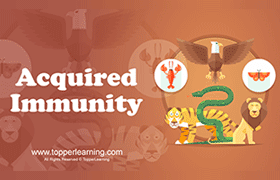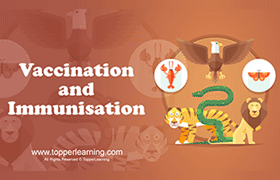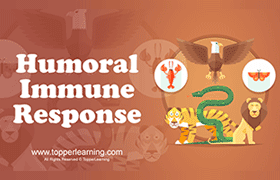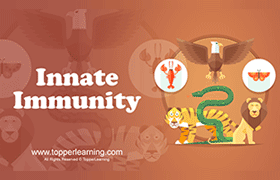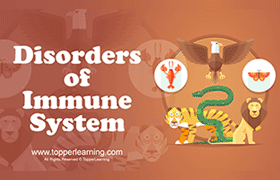NEET Class neet Answered
In chapter human health and diseases,the definition of infectious disease is written as:- diseases which are easily transmitted from one person to another are known as infectious diseases.
Does it mean that hardly transmitted diseases are not considered infectious?
Asked by solankihetraj07 | 22 Jan, 2020, 10:21: PM
- Infectious diseases are caused by microorganisms such as viruses, bacteria, fungi or parasites.
- Infectious diseases can be spread from one person to another through contact with bodily fluids, by aerosols, through coughing and sneezing, or through a vector, for example a mosquito.
- Diseases whuich spread from one person to another are called communicable diseases. Diseases can be infectious but not necessarily communicable, for example, AIDS.
Answered by Sheetal Kolte | 23 Jan, 2020, 11:22: AM
Concept Videos
NEET neet - Biology
Asked by myindiaisbad | 20 Mar, 2023, 06:51: PM
NEET neet - Biology
Asked by Aadilbhat2022 | 09 Jun, 2021, 11:43: AM
NEET neet - Biology
Asked by solankihetraj07 | 22 Jan, 2020, 10:21: PM

